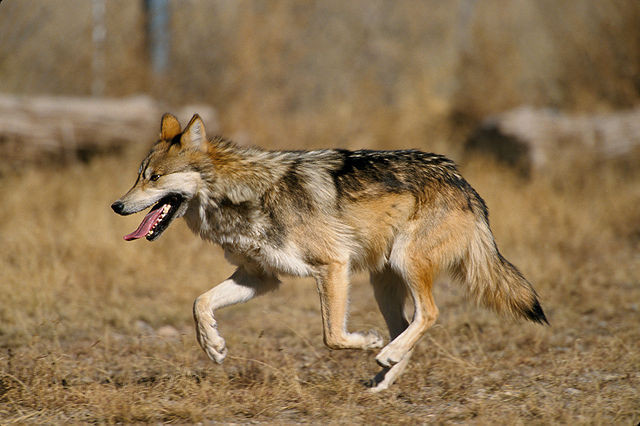In the desolate yet resilient wilderness of the Chernobyl Exclusion Zone, a fascinating development has emerged in the wake of one of the most catastrophic nuclear disasters in history. Scientists have discovered that the wolves inhabiting this region, long subjected to the high levels of radiation left behind by the 1986 Chernobyl power plant explosion, have developed what appears to be a resistance to cancer.
This groundbreaking study, led by evolutionary biologist and ecotoxicologist Cara Love from Princeton University, sheds light on the potential for these findings to revolutionize our understanding of cancer resilience, not just in animals, but potentially in humans as well.
Over three decades post-disaster, the Chernobyl Exclusion Zone has transformed into a de facto nature reserve, where wildlife, including packs of wolves, has thrived amidst the remnants of human habitation. Love, alongside her colleagues, embarked on a daring scientific exploration within this zone in 2014, equipping the wolves with GPS collars that also measured radiation exposure. These collars provided unprecedented insights into the daily lives and radiation levels encountered by these animals, revealing exposure rates more than six times the legal safety limit for humans.
The study's findings indicate that the immune systems of Chernobyl's wolves bear striking similarities to those of cancer patients undergoing radiation therapy. This observation led Love to identify specific genomic regions in the wolves that might be contributing to their apparent resistance to cancer, a discovery that holds significant implications for human medical research. Historically, genetic studies in humans have focused on mutations that increase cancer risk, such as the BRCA gene variants linked to breast and ovarian cancer. Love's research, however, takes a novel approach by seeking to identify protective mutations that enhance survival rates.
This research not only highlights the resilience of wildlife in the face of environmental disasters but also opens up new avenues for cancer research. The parallels drawn between the wolves' immune responses and those of humans undergoing cancer treatment suggest that studying these animals could provide valuable insights into developing new cancer therapies.
The study also touches on the broader ecological impact of the Chernobyl disaster, noting the adaptability of animals like the Chernobyl dogs, descendants of pets left behind, which may share similar cancer-resistant traits. In contrast, other species, such as birds, have suffered severe genetic defects due to radiation exposure.
However, the continuation of this vital research faces challenges, with the COVID-19 pandemic and the ongoing conflict between Russia and Ukraine hindering further expeditions into the Chernobyl Exclusion Zone. Despite these obstacles, Love remains committed to advancing our understanding of how life adapts to extreme conditions, with the safety and well-being of her colleagues and the local community remaining a top priority.
As scientists like Love push the boundaries of ecological and medical science, the wolves of Chernobyl stand as a testament to nature's incredible ability to adapt and endure, offering hope that the secrets they hold might one day lead to breakthroughs in the fight against cancer.





